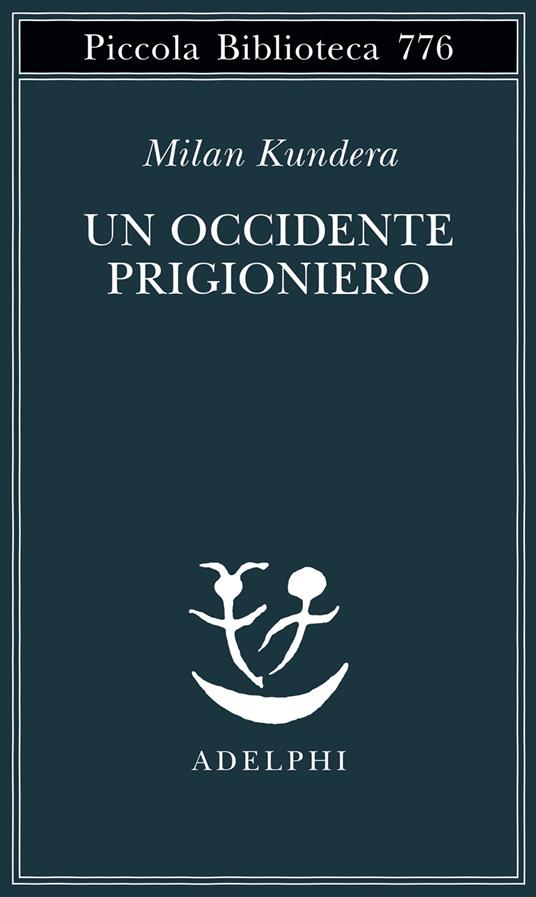In June 1967, shortly after Solženicyn’s open letter on censorship in the USSR, the 4th Congress of the Writers’ Union was held in Czechoslovakia. Opening the proceedings, with a speech of clear and calm audacity, was Milan Kundera, then already a successful author. The rupture between writers and power was consummated, and the Prague Spring would confirm the extent to which the rebirth of the arts, literature and film had accelerated the disintegration of the political structure. Linked to this discourse, which marks an epoch, is a 1983 speech in which Kundera accuses the West of having watched inertly the disappearance of its extreme, essential cultural melting pot. Poland, Hungary and Czechoslovakia, which to all intents and purposes belong to Europe, and which between 1956 and 1970 gave rise to grandiose uprisings, sustained by the ‘union of culture and life, creation and people’, are in fact in the eyes of the West no more than a part of the Soviet bloc. A ‘Central European vision of the world’, the one proposed here, which today appears even more valuable and illuminating.
Milan Kundera,
Un Occidente prigioniero,
p. 85
Forewords by Jacques Rupnik and Pierre Nora,
Translated by Giorgio Pinotti
Adelphi, 2022,





